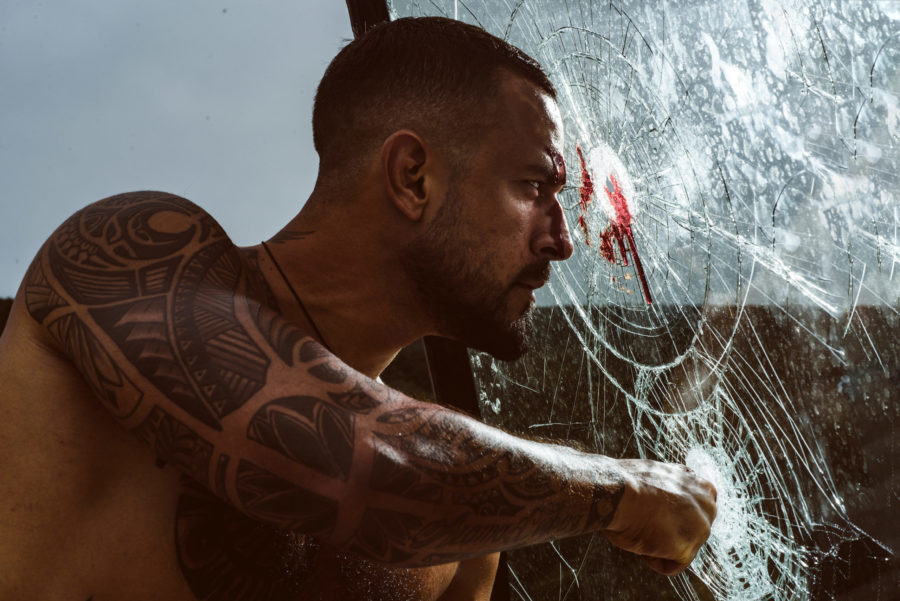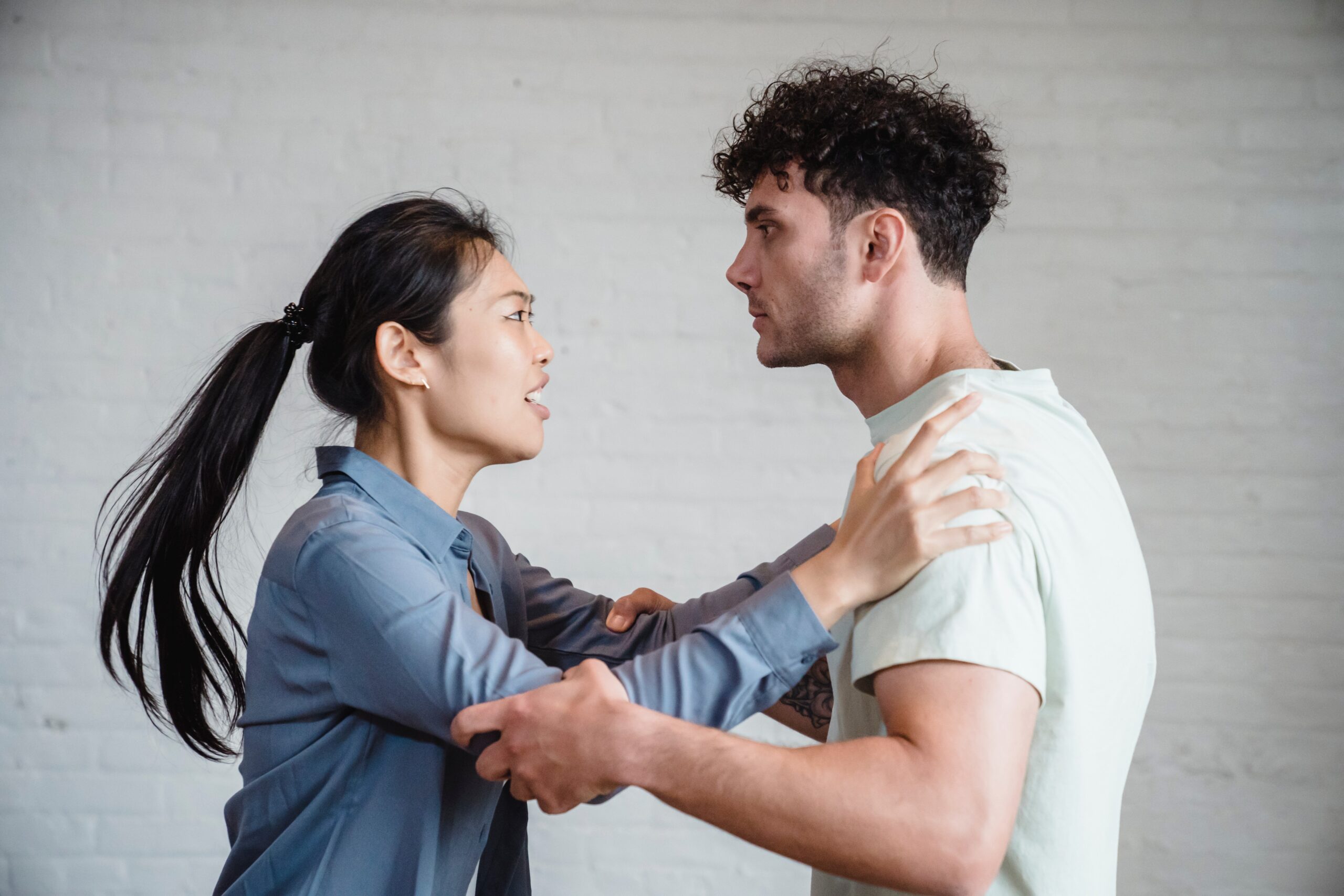What Happens If Your 13-Year Old Son Shoots A Friend?
Your 13-year old son and his playmate are playing at your house and the unthinkable happens: your son finds a gun and accidentally shoots his friend in the leg. Obviously, your first concern is for his friend. Once you get him medical treatment and you find out that he will fully recover, your next thought turns to the welfare of your child. What are his rights in this situation and what repercussions will he face?
Virginia’s Juvenile Law
Luckily, your son will be considered a juvenile under Virginia Law. Virginia law gives the prosecution the option to charge a 14-year old as an adult in situations that involve violent offenses. Currently, a 13-year old cannot be charged as an adult in Virginia.
What Is The Charge?
The charges that may be brought against your son in this case are largely a product of prosecutorial discretion. Since this was an accidental shooting, the options for the prosecutors will most likely be limited.
- Assault is most likely out of the question because assault is a crime that requires intent.
- Malicious wounding is also most likely ruled out because, it, too requires intent to hurt or kill someone with malice.
- Unlawful wounding also requires intent but removes the malice element so it would not apply here either.
- Brandishing a firearm might be considered but for the fact the activity must occur in a public place so it is most likely excluded.
- Unlawful discharge of a firearm appears to be the most likely charge as explained below.
Unlawful Discharge of a Firearm
Virginia law prohibits discharging a firearm within a building that is occupied in such a manner as to endanger the life of the occupants of the building. There is no intent requirement for this crime. It is a Class 6 felony and ordinarily carries a potential prison sentence of a minimum of 1 year and a maximum of 5 years. It is a serious charge.
Juvenile Proceeding
If your son is charged with unlawful discharge, he will most likely face a juvenile proceeding which is a civil proceeding owing to the fact that he is a juvenile. If convicted, he can be ordered into a juvenile probation program. He can also be sentenced to up to 30 days confinement in a juvenile detention center. If this is not his first offense, he could even be sentenced to up to 3 years in a juvenile center. Further, a felony conviction will stay on his record for the rest of his life.
In this case, the best thing that can happen is that the prosecution chooses not to charge a felony and either charges a misdemeanor or nothing at all. The second best option would be that if charged, he is acquitted. The best route to achieving either of these options is to ensure that he is represented by an experienced defense attorney. A skilled attorney can negotiate with the prosecution to determine what charges, if any, are brought. If negotiations fail, his defense attorney may be all that stands between him and a felony record. If your child is in this situation in the Virginia Beach area, contact the experienced attorneys at Shannon & Associates, P.C. today at 757-228-5529 to set up an initial consultation. Your decisions regarding his representation can impact the rest of his life.






